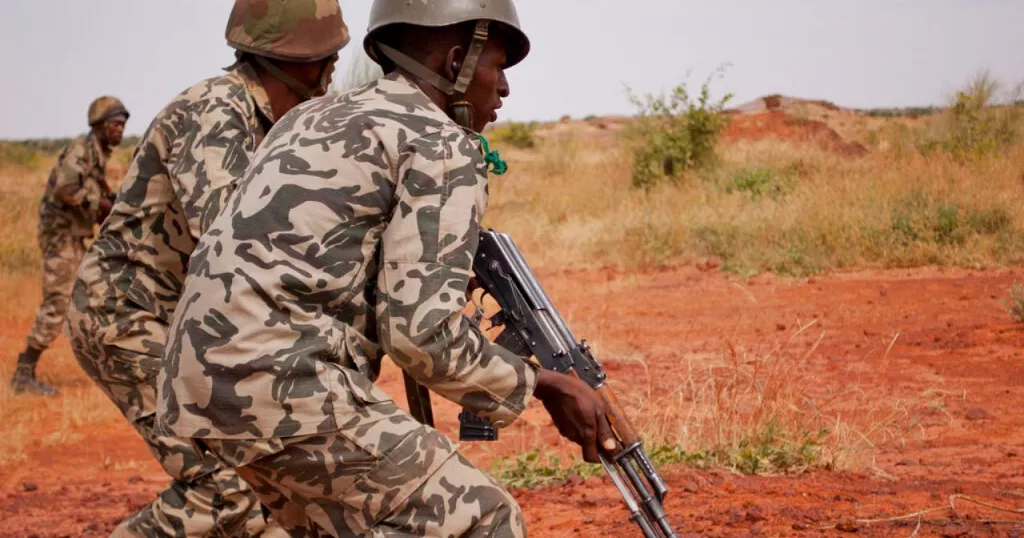Nigerians across religious and ethnic lines have condemned former US President Donald Trump’s recent threat of military intervention over what he described as the killing of Christians in Nigeria. The nation, almost evenly divided between a Christian-majority south and a Muslim-majority north, has long faced complex conflicts rooted in competition for land and resources rather than religion.
Trump sparked outrage after announcing on social media that he had directed the Pentagon to consider possible military action. “They’re killing the Christians and killing them in very large numbers,” Trump claimed, suggesting potential US strikes to stop what he termed a “massacre.”
President Bola Tinubu swiftly rejected the claims, affirming that religious tolerance remains “a core tenet of Nigeria’s collective identity.” Many Nigerian leaders and analysts argue that the violence is more about ethnic and economic struggles than faith.
Community leader Danjuma Dickson Auta from Plateau State acknowledged that both Christians and Muslims have been victims. “Christians are being killed, but Muslims are also being killed,” he said. Plateau, located in Nigeria’s volatile Middle Belt, has witnessed recurring clashes between Christian farmers and Fulani Muslim herders, largely driven by land scarcity and poor rural governance.
Muslim leader Abubakar Gamandi in Borno State added that those promoting the idea of a “Christian genocide” are distorting reality, as Boko Haram and bandit attacks have devastated mostly Muslim communities as well.
Analysts suggest Trump’s comments could be tied to diplomatic tensions after Nigeria resisted accepting deportees expelled from the US. Oxford Economics’ Jervin Naidoo noted that Washington’s rhetoric intensified after Nigeria’s refusal.
Despite political posturing, religious leaders in Nigeria urged unity. Reverend Joseph Hayab of the Christian Association of Nigeria said Trump’s words should serve as a “wake-up call” to confront insecurity, not divide Nigerians further.

